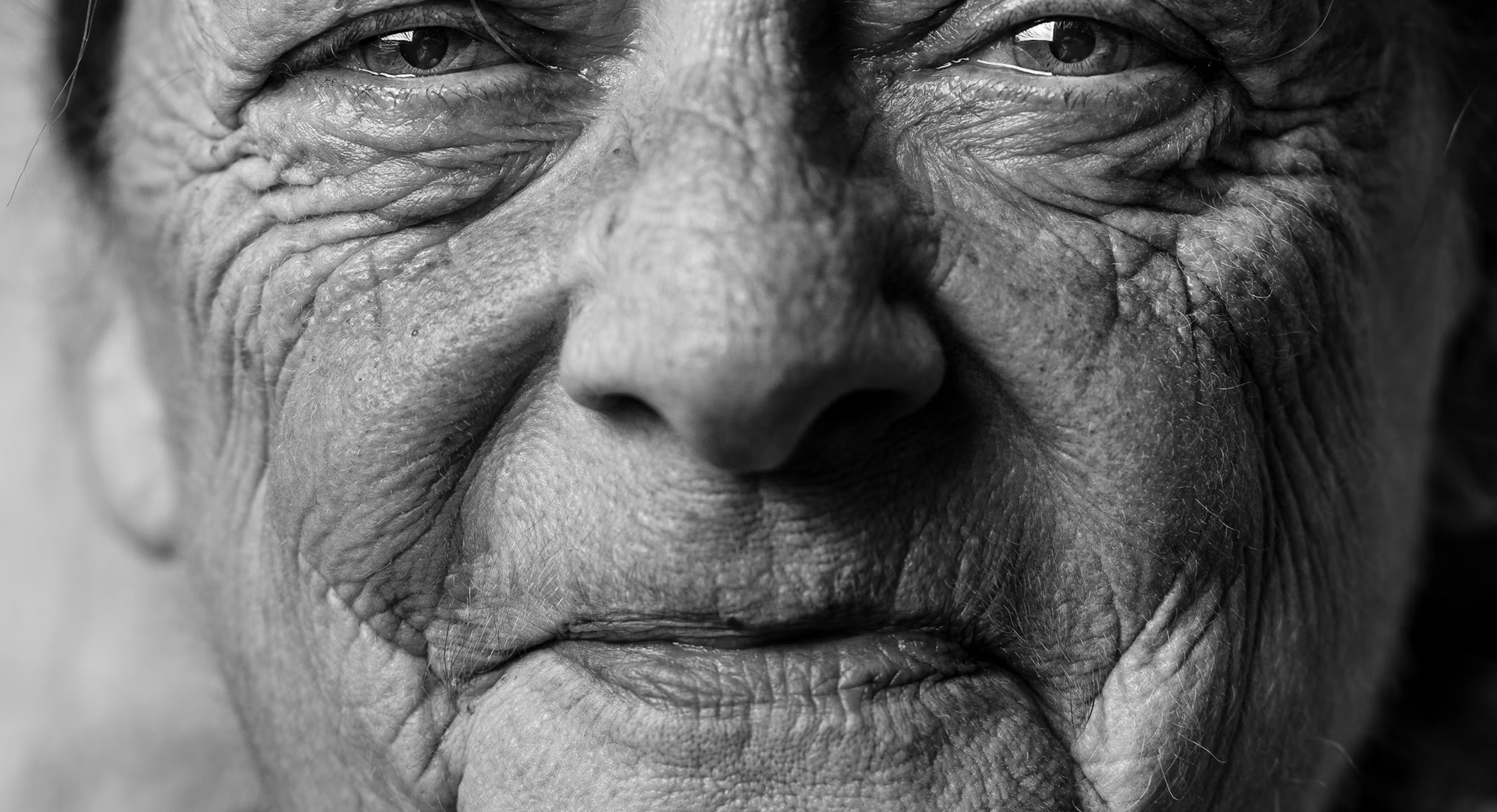
AGING OF THE SKIN
Skin Aging
The skin is the largest organ of the human body, and it is constantly exposed to the elements. As we age, our skin undergoes a number of changes that can make it appear thinner, more wrinkled, and less elastic. These changes are caused by a combination of factors, including:
- Genetics: Our genes play a role in how our skin ages. Some people are more prone to developing wrinkles than others, for example.
- Sun exposure: The sun’s ultraviolet (UV) rays are one of the primary causes of skin aging. UV rays can damage the collagen and elastin in our skin, which are responsible for keeping it looking firm and youthful.
- Smoking: Smoking damages the blood vessels in our skin, which can lead to premature wrinkles and sagging.
- Stress: Stress can take a toll on our skin, making it look dull and tired.
Signs of Skin Aging
The signs of skin aging can vary from person to person, but they typically include:
- Wrinkles: Wrinkles are caused by the breakdown of collagen and elastin in the skin. They can be found on the face, neck, hands, and other areas of the body that are exposed to the sun.
- Fine lines: Fine lines are smaller than wrinkles and are often caused by dehydration. They can be found on the face, around the eyes, and on the neck.
- Age spots: Age spots are caused by an overproduction of melanin, the pigment that gives skin its color. They are typically found on the face, hands, and arms.
- Sagging skin: Sagging skin is caused by the loss of collagen and elastin in the skin. It can be found on the face, neck, jowls, and arms.
- Dry skin: Dry skin is a common sign of aging. It is caused by a decrease in the production of sebum, an oily substance that helps to keep the skin hydrated.
How to Prevent Skin Aging
There is no way to stop skin aging altogether, but there are a number of things you can do to prevent or slow down the process. These include:
- Protecting your skin from the sun: One of the best things you can do for your skin is to protect it from the sun. Wear sunscreen with an SPF of 30 or higher every day, even on cloudy days.
- Moisturizing your skin: Keeping your skin hydrated is essential for preventing wrinkles and other signs of aging. Use a moisturizer that is appropriate for your skin type.
- Eating a healthy diet: Eating a healthy diet that is rich in fruits, vegetables, and whole grains can help to keep your skin looking its best.
- Quitting smoking: Smoking damages your skin and can accelerate the aging process. If you smoke, quitting is the best thing you can do for your skin.
- Managing stress: Stress can take a toll on your skin. Find healthy ways to manage stress, such as exercise, yoga, or meditation.
Skin Care Treatments
There are a number of skin care treatments available that can help to reduce the signs of aging. These include:
- Retinoids: Retinoids are a type of vitamin A that can help to improve the appearance of wrinkles and age spots.
- Chemical peels: Chemical peels can help to remove the top layer of dead skin cells, revealing smoother, younger-looking skin.
- Microdermabrasion: Microdermabrasion is a procedure that uses a fine abrasive material to remove the top layer of dead skin cells.
- Laser therapy: Laser therapy can be used to treat a variety of skin problems, including wrinkles, age spots, and sagging skin.
If you are concerned about the signs of skin aging, talk to your doctor or a dermatologist. They can help you develop a skin care plan that is right for you.
The following are some additional tips for preventing and treating skin aging:
- Get enough sleep. When you don’t get enough sleep, it shows on your skin. Make sure to get at least 7-8 hours of sleep per night.
- Drink plenty of water. Staying hydrated is essential for healthy skin. Aim to drink 8 glasses of water per day.
- Avoid harsh soaps and detergents. Harsh soaps and detergents can strip your skin of its natural oils, leaving it dry and irritated. Use gentle cleansers that are designed for your skin type.
- Exfoliate regularly. Exfoliating helps to remove dead skin cells, which can clog pores and make your skin look dull. Exfoliate 1-2 times per week.
- Use a humidifier. Dry air can dry out your skin. Use a humidifier in your home to add moisture to
